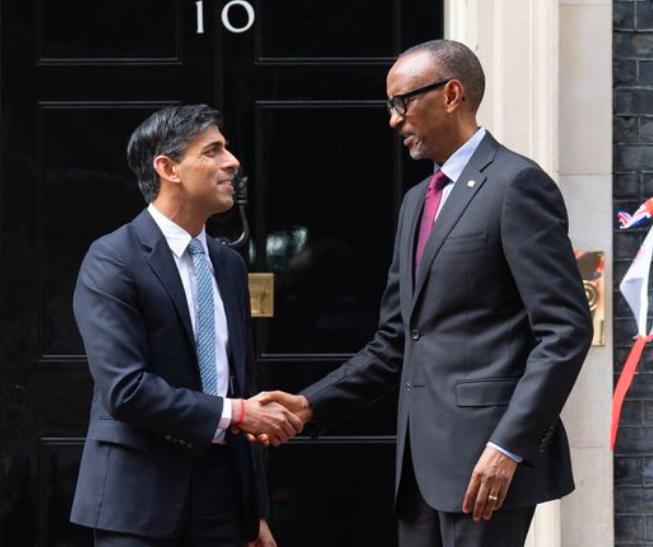The recent findings from the National Audit Office (NAO) have cast a spotlight on the financial implications of the UK-Rwanda migration deal, revealing expenditures that have stirred public and political controversy. This analysis seeks to present a balanced overview, scrutinizing the financial commitments made by the UK government and the operational logistics involved in this partnership with Rwanda.
In April 2022, the UK government announced its Migration and Economic Development Partnership with Rwanda, a move aimed at addressing the challenge of irregular migration. Under the agreement, certain asylum seekers arriving in the UK through unauthorized channels would be relocated to Rwanda. This policy was introduced by Boris Johnson’s administration and has been continued under Prime Minister Rishi Sunak, despite facing legal hurdles and being declared unlawful by the Supreme Court in November.
The NAO’s investigation, ordered by the House of Commons and published on 29 February 2024, unveils that the cost to the UK taxpayer could exceed £576.8 million if only 300 asylum seekers are sent to Rwanda, equating to an astonishing £1.92 million per individual. This figure represents a mere 1% of asylum seekers in the UK, highlighting the disproportionate financial burden relative to the scale of the migration challenge.
The breakdown of costs includes a £370 million payment to the Rwandan government for the Economic Transformation and Integration Fund (ETIF), designed to foster economic growth in Rwanda. An additional £120 million will be allocated once 300 individuals have been relocated. Operational and processing costs per asylum seeker are estimated at up to £150,874, not including a £20 million setup fee for the scheme that has been expended without a single deportation.
Critics, including Yvette Cooper, Labour’s shadow home secretary, and Dame Diana Johnson, chair of the home affairs committee, have labeled the expenditures as a “national scandal,” questioning the efficacy and ethical implications of the policy. The government, however, defends the scheme as a necessary measure to deter illegal migration and reduce the costs associated with housing asylum seekers in the UK, which are projected to escalate to £11 billion annually by 2026.
This partnership also includes a provision for the UK to cover integration costs for relocated individuals, offering support for accommodation, healthcare, and education over five years. Should an individual opt to leave Rwanda, the UK commits to a one-off payment of £10,000 to facilitate their departure.
Despite the financial commitments, there remains a lack of evidence regarding the plan’s deterrent effect on irregular migration. The Home Office has yet to disclose additional funding beyond the confirmed £290 million, raising further questions about the total investment and its alignment with the objectives of reducing irregular migration and supporting asylum seekers humanely.
The UK-Rwanda migration deal stands at a crossroads, facing scrutiny from both financial and humanitarian perspectives. As the debate unfolds, the focus remains on the balance between fiscal responsibility and ethical obligations in addressing the complex challenges of migration and asylum.































































